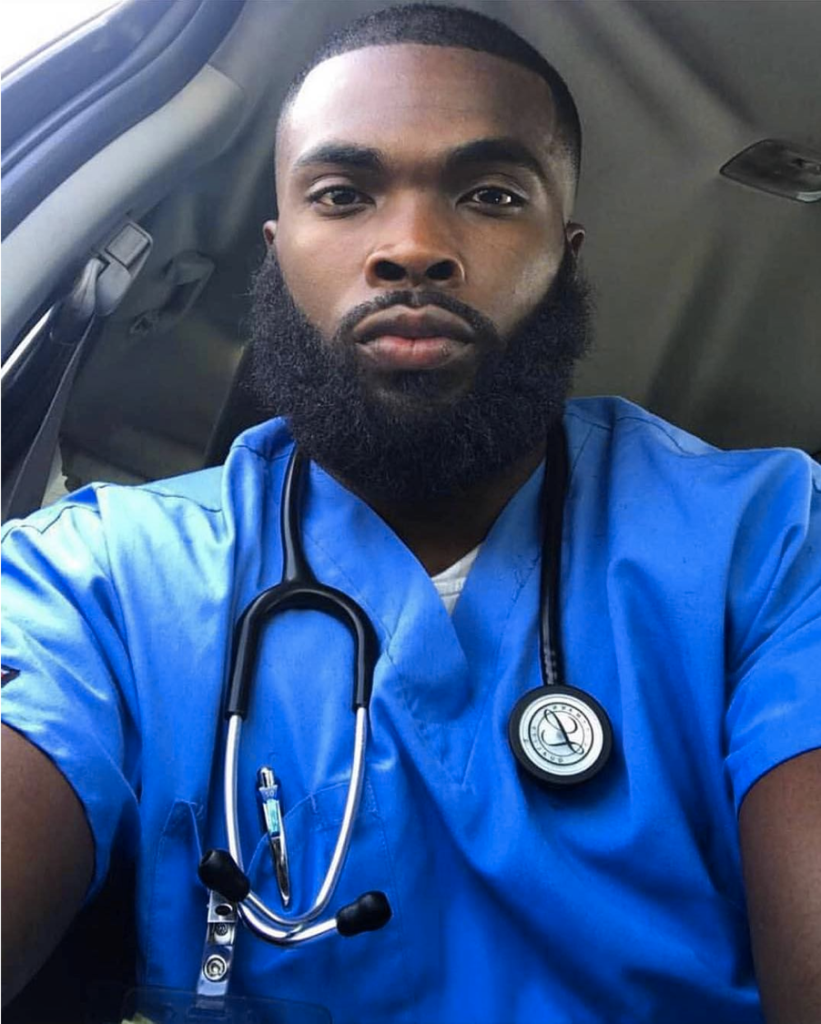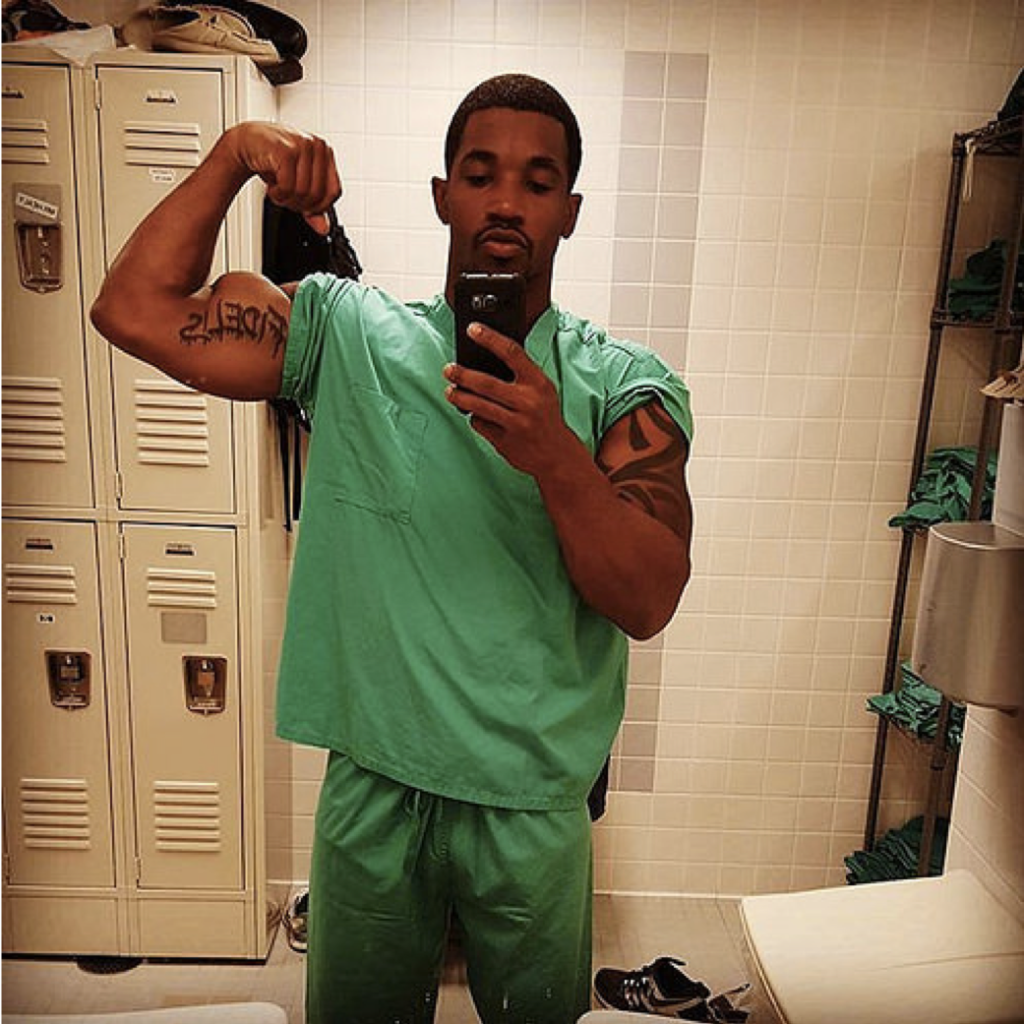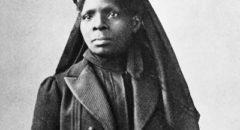
Gender roles in the workplace have been in place since the beginning of time. Traditionally, men have stayed away from loving and caring jobs while women have traditionally stayed away (or have been locked out of) high-power jobs.
But times are changing.
Women have been entering male-dominated fields for decades, but it’s less common for a predominantly female occupation to have a substantial increase in its share of men. That is, until now. The need for male nurses has grown.
The experiences of male nurses offer lessons that could help address a problem of our time: how to prepare workers for the fastest-growing jobs, at a time when more than a quarter of adult men are not in the labor force.
Only 13 percent of nurses in the United States are men, but that share has grown steadily since 1960, when the number was 2 percent, according to a working paper published by the Washington Center for Equitable Growth.
But don't get it twisted: some gender roles are still in effect. Even though men are a minority, male nurses are paid more than women. The stigma against men still runs deep, particularly among older patients and in parts of the country with more traditional gender roles, nurses have said.
RELATED: Do You! 3 Tips To Prevent Physician and Nurse Burnout
But for some men, the notion that caregiving jobs are women’s work is outdated. Progressive attitudes about gender roles, as measured by the General Social Survey, were associated with more men who entered nursing, the new paper found.
“This narrative that men can’t provide care in the way that women can is part of that broad cultural narrative that misunderstands what nursing’s about,” says V.A. hospital student nurse, Adam White, to the New York Times. He is earning his nursing degree at Oregon Health and Science University in Portland. “We need to talk with young people about caring as a gender-neutral idea, but also as something that’s rooted in skills, in expertise.”
“You’re a caregiver, providing quality, dignified care. It’s not you doing it as a male or a female, but just generally as a caregiver,” says Justin Kuunifaa, 41, a former in-home caregiver turned family practice nurse.
So here, we celebrate those men who are taking on the hard job of caregiving, prepping, managing and engaging with patients and the medical community every day.














